Why Are Turkey Hot Dogs Better Than Beef Hot Dogs
Hot dogs: Good choices, bad choices
With lots of hot dogs out there, it should be easy to choose a relatively healthy one, right?
Not necessarily. Even "healthier" hot dogs may not be better for you, says Carolyn Brown, a registered dietitian and nutritionist at Foodtrainers, in New York City. "It comes down to the quality of the meat, the processing, and the other added ingredients."
Brown recommends hot dogs with less than 150 calories and fewer than 14 grams of fat (with no more than 6 grams saturated). Sodium should not exceed 450 milligrams. From Brown and our friends at Health.com, here's a list of hot dogs, good and bad...
More from our friends at Health.com: Best and worst burgers
All-beef: Good
Applegate Farms' the Great Organic Uncured Beef Hot Dog meets and beats Brown's criteria, with 110 calories, 8 grams of fat (3 grams saturated), 7 grams of protein, and just 330 milligrams of sodium. It's also made from organic, grass-fed beef.
"Organic meat has never been given antibiotics or hormones, so it's always the way to go if you have the option," she says. "Grass-fed is even better; meat from a grass-fed animal doesn't have as much total or saturated fat as regular grain-fed."
More from our friends at Health.com: Best and worst burgers
All-beef: Bad
Ball Park Franks lead the lineup in sodium, calories, and fat, with 550 milligrams of sodium, 190 calories, 16 grams of fat (7 saturated), and 9 grams of protein.
What's more, they're cured, meaning they have been treated with nitrates and nitrites, which have been linked to cancer and other health problems.
The U.S. Food and Drug Administration limits the nitrate and nitrite content of food products, including hot dogs, but there are tasty uncured dogs available.
More from our friends at Health.com: Best and worst burgers
Chicken dog: Good
If you like the idea of a low-cal, low-fat hot dog with plenty of protein, chicken dogs can be a great choice.
You won't find any mystery meat in Trader Joe's Uncured Chicken Hot Dogs - just boneless, skinless chicken breasts and thighs.
These dogs also contain flavorings like garlic, onion, and paprika. Each one has 60 calories, fewer than a medium-size apple. They've got 250 milligrams of sodium, 2.5 grams of fat, less than 1 gram of saturated fat, and 9 grams of protein.
More from our friends at Health.com: Best and worst burgers
Chicken dog: Bad
Rocky Dogs' chicken hot dogs contain 10 grams of fat each, including 2.5 grams of saturated fat, and a trim calorie count of 110. But they lose big points in the sodium category, with a hefty 470 milligrams!
U.S. dietary guidelines recommend consuming less than 2,300 milligrams of sodium a day, and less than 1,500 if you're over 50 or have high blood pressure, diabetes, or kidney disease. One of these hot dogs will eat up one-fifth to one-third of your daily sodium allowance.
More from our friends at Health.com: Best and worst burgers
Turkey dog: Good
Applegate also won out for best turkey frank. The company's uncured Organic Turkey Hot Dogs contain 60 calories, 3.5 grams of fat (including 1 gram of saturated fat), 370 milligrams of sodium, and 7 grams of protein.
More from our friends at Health.com: Best and worst burgers
Turkey dog: Bad
Oscar Mayer's Classic Turkey Franks are made from mechanically separated meat (MSM) - a paste-like substance made by forcing bones through a sieve at high pressure to remove any remaining meat, according to the USDA. MSM made from beef has been banned in the U.S. since 2004 due to concerns about mad cow disease, although mechanically separated poultry is safe to eat, says the Food and Drug Administration.
These dogs are relatively high in fat and sodium. Each has 100 calories, 8 grams of fat (including 2.5 grams of saturated fat), 510 milligrams of sodium, and 5 grams of protein.
More from our friends at Health.com: Best and worst burgers
Veggie dog: Good
Vegetarians can rejoice in Lightlife Foods' fat-free Smart Dogs, with 45 calories each, 310 milligrams of sodium, and 8 grams of protein.
Compared to many other "not dogs" out there, Smart Dogs' list of ingredients is short and doesn't sound too much like a chemistry lab inventory. The main ingredients are water, soy protein isolate, wheat gluten, and evaporated cane juice.
More from our friends at Health.com: Best and worst burgers
Veggie dog: Bad
While lower in fat and calories than other types of hot dogs, the Morningstar Farms' Corn Dog has a list of ingredients as long as your arm, including extenders and fillers such as soy, corn flour, and wheat gluten proteins.
These pack 470 milligrams of sodium apiece, 150 calories, and 2.5 grams of fat (including a half gram of saturated fat).
"Most veggie dogs will be high in sodium and have lots of processed ingredients, including processed soy or textured vegetable protein," says Brown. "Sorry, vegetables aren't supposed to taste like hot dogs!"
More from our friends at Health.com: Best and worst burgers
Low-fat hot dog: Good
"Reduced-fat hot dogs are not always the best idea if weird ingredients are being added to make up for it; after all, fat provides a lot of the flavor and texture," says Brown. "Ingredients that might be upped are sodium, those chemical 'flavorings' that give the mouth the feel of fat, and other bulking ingredients like modified food starch or cornstarch."
What's more, most of the low-fat dogs out there are cured. Nevertheless, Ball Park does a pretty good job with its Fat Free Beef Franks. They are, indeed, fat free, with 50 calories, 430 milligrams of sodium, and 5 grams of protein.
More from our friends at Health.com: Best and worst burgers
Low-fat hot dog: Bad
Don't be fooled by the name - Oscar Mayer's Light Weiners are anything but. While their sodium content is a respectable 380 milligrams, and they're only 90 calories, they contain 6 grams of fat, including 2 grams of saturated fat.
And they're made from turkey (some of it mechanically separated) and pork. Brown advises staying away from hot dogs made from a mix of meats. "They tend to be low quality and super processed," she says.
More from our friends at Health.com: Best and worst burgers
Good bun
Whole-grain buns are your best health bet, and they can be pretty tasty too. Ezekiel 4:9 Sprouted Hot Dog Buns are made from sprouted grains, including wheat, barley, millet, lentils, soybeans, and spelt.
These buns have 6 grams of fiber, 9 grams of protein, 1.5 grams of total fat (and no saturated fat), 170 milligrams of sodium, and 170 calories. They won't turn your hot dog into a health food, but they will help.
More from our friends at Health.com: Best and worst burgers
Bad bun
"Skip the white, squishy breads," says Brown. "While breads sans sugar might be next to impossible to find, you can still skip the ones with high-fructose corn syrup."
Stay away from Sara Lee Gourmet White Hot Dog Buns, which are full of additives and preservatives, including a hefty dose of high-fructose corn syrup. Each bun has just 1 gram of fiber, while its sodium content is relatively high, at 220 milligrams.
More from our friends at Health.com: Best and worst burgers
Source: https://www.cbsnews.com/pictures/hot-dogs-good-choices-bad-choices/

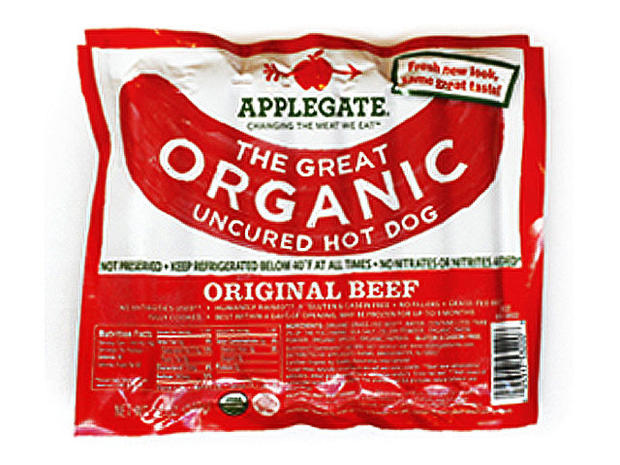
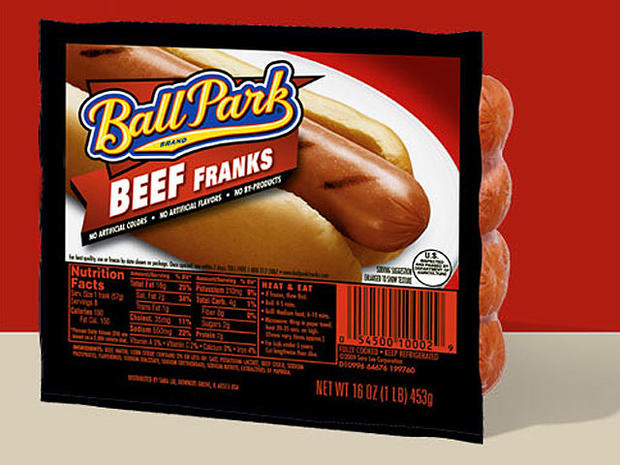
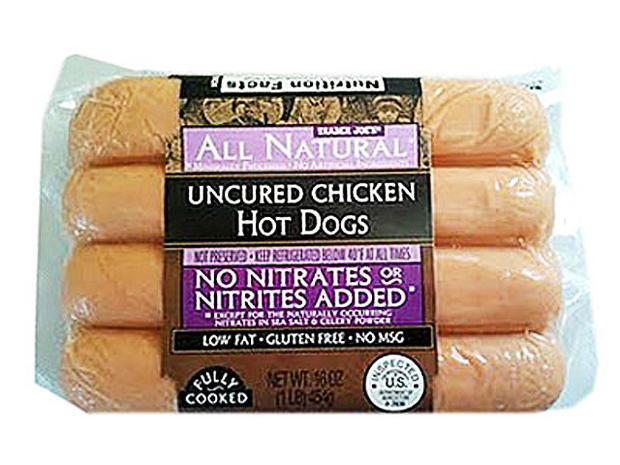
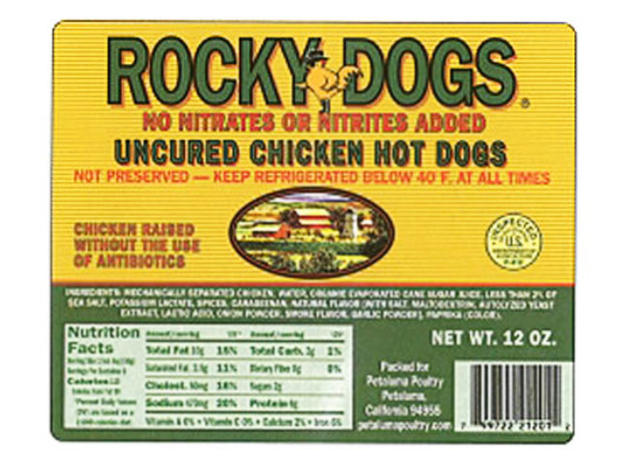
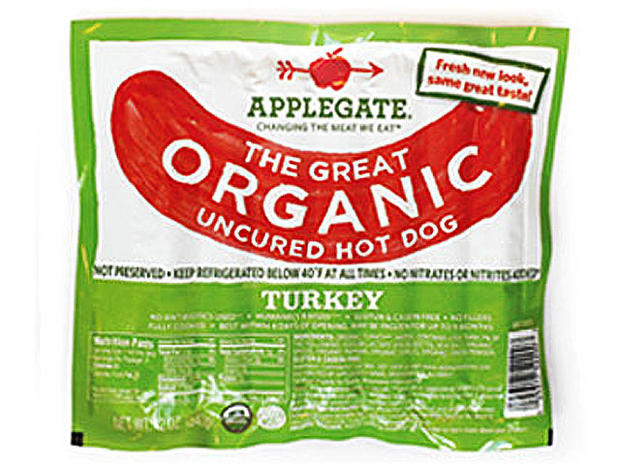
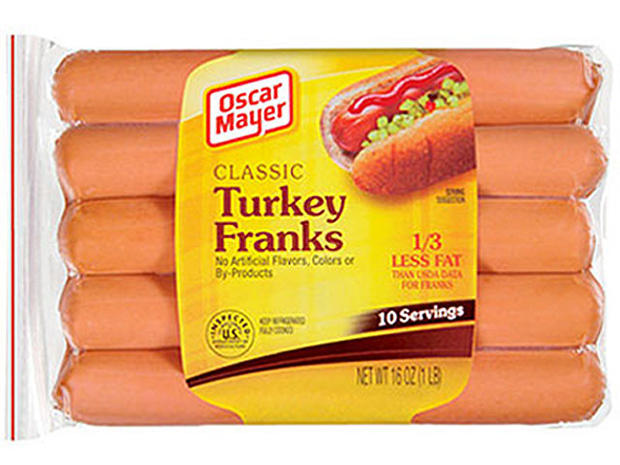
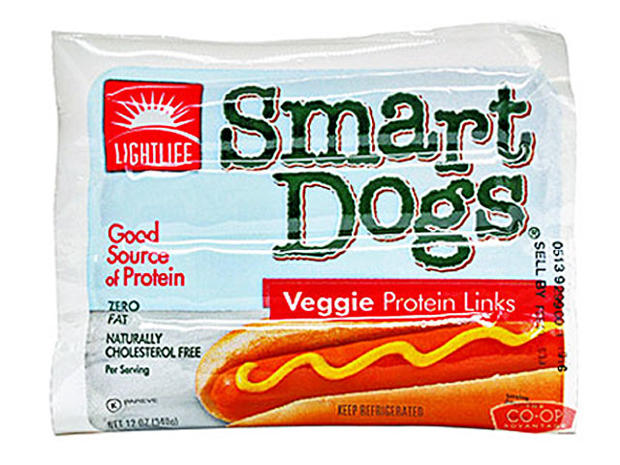
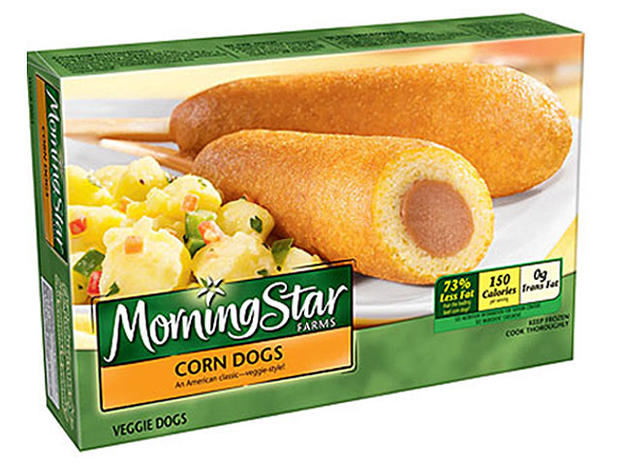
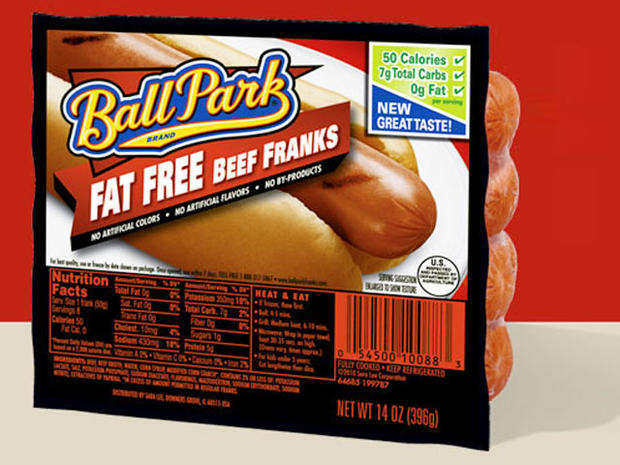
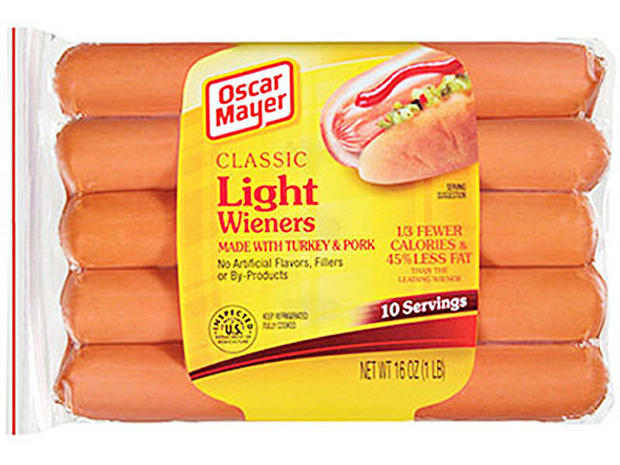
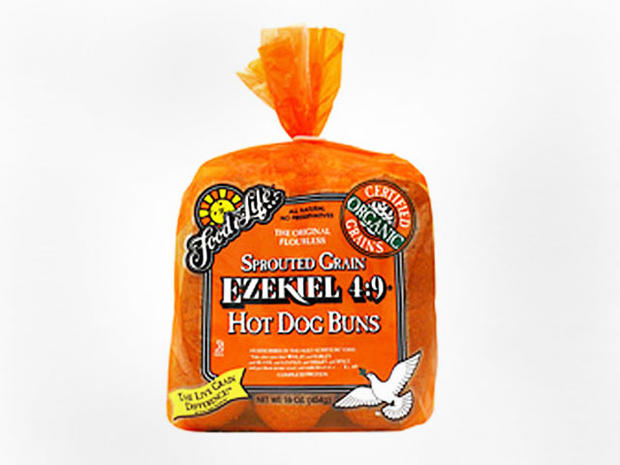
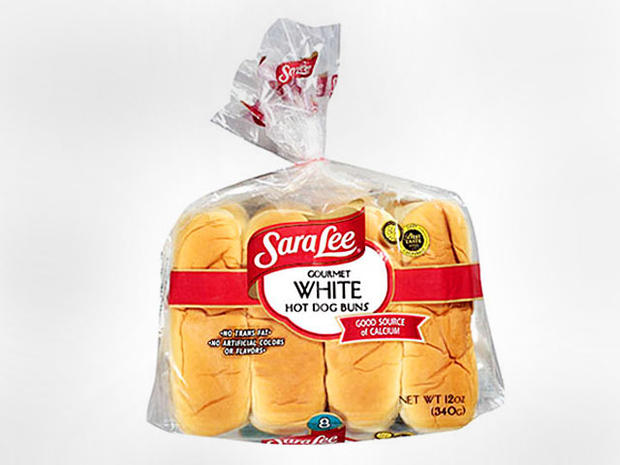
0 Response to "Why Are Turkey Hot Dogs Better Than Beef Hot Dogs"
Post a Comment